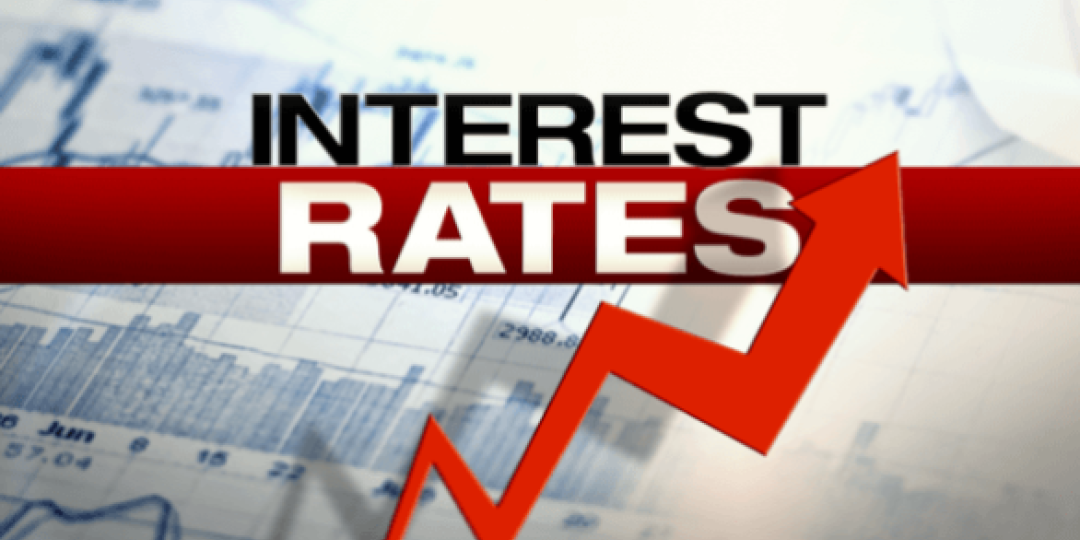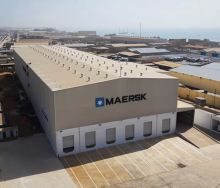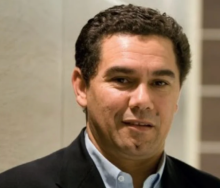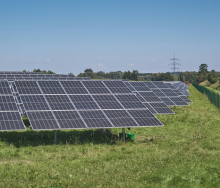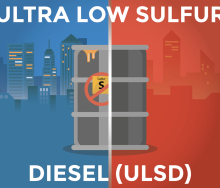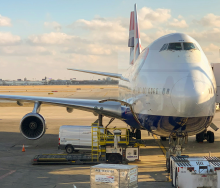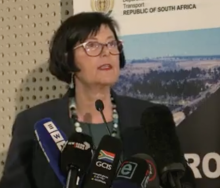Consumers and business owners will need to dig deeper to meet bond and vehicle finance payments after the SA Reserve Bank’s Monetary Pricing Committee hiked the repo rate by an expected 75 basis points on Thursday.
SARB governor, Lesetja Kganyago, who announced the latest of the bank’s raft of interest rate hikes, said the Covid-19 pandemic and aggravated geopolitical tensions had led to a period of persistently high inflation and weaker global economic growth.
“Many developing economies have yet to recover fully from the pandemic. Global economic conditions remain fragile. Russia’s war in Ukraine will continue to impair production and trade of a wide range of energy, food and other commodities. The supply of energy to the Euro Area is limited as winter approaches and is likely to reduce growth this year and next,” Kganyago said.
He added that the United States would also experience slower economic growth, while China’s recovery from the pandemic and resultant lockdowns remained uncertain.
“The much-needed resumption of international travel and tourism will take time to generate large benefits. Taking these and other factors into account, the SARB’s forecast for global growth in 2022 is revised down from 3.5% in the May meeting to 3.3%, and is lowered to 2.5% for 2023 and 2024.”
He said although policy settings in advanced economies remained broadly accommodative, policy normalisation by major central banks had accelerated and higher yields were tightening global financial conditions.
“Investor appetite for riskier assets is weaker and asset values in major markets have declined sharply,” he said.
The SA economy expanded by 4.9% in 2021 and was expected to grow by 2%, revised up from 1.7%, in 2022, the SARB noted.
“Growth in output in the first quarter of this year surprised to the upside, at 1.9%, stronger than the 0.9% expected at the time of the May meeting. Despite this outcome, flooding in Kwa-Zulu Natal and more extensive load-shedding are expected to result in a contraction of 1.1% in the second quarter. Growth in the third and fourth quarters is forecast to be 0.7% and 0.4% respectively,” he said.
He added that the economy was forecast to expand by 1.3% in 2023 and by 1.5% in 2024.
“While economic growth is slowing globally, inflation continues to surprise to the upside. Sustained policy accommodation, supply shortages and other restrictions have sharply increased the prices of many goods, services and commodities. As a result of higher global food prices, local food price inflation is also revised up and is now expected to be 7.4% in 2022 (up from 6.6%), and 6.2% in 2023 (up from 5.6%). The food price inflation forecast for 2024 is unchanged at 4.2%,” he said.
The SARB’s forecast for headline inflation for 2022 had also been revised higher to 6.5%.
“Against this backdrop, the MPC decided to increase the repurchase rate by 75 basis points to 5.50% per year with effect from the 22nd of July 2022. Three members of the Committee preferred the announced increase. One member preferred a 100 basis points increase. Another member preferred a 50 basis point increase. The revised repurchase rate path remains supportive of credit demand in the near term, while raising rates to levels consistent with the current view of inflation risk,” he added.
Headline inflation breached the target range of 3-6% during the first half of this year and is expected to remain above it until the second quarter of 2023.
